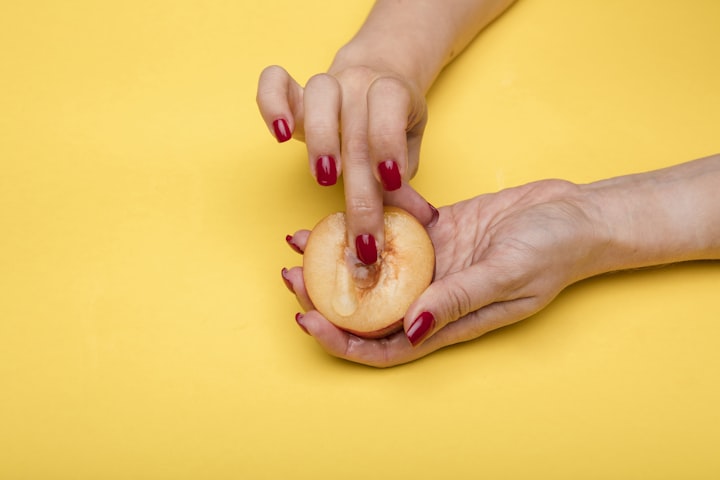Masturbation
Bad side of masturbations'

Masturbation is the act of sexually stimulating oneself by touching or rubbing one's own genitals. It is a common and natural behavior that is practiced by people of all genders and ages, usually for sexual pleasure and/or stress relief. Masturbation can involve different techniques and tools, such as using hands, sex toys, or other objects, and can be done alone or with a partner. It is a private and personal activity that is generally considered safe, as long as it is practiced in moderation and with proper hygiene.
The potential negative effects of excessive masturbation:
1. Physical harm: Over-masturbation can lead to physical harm such as skin irritation, soreness, and swelling of the genitals.
2. Addiction: Masturbation can become addictive, leading to compulsive behavior that interferes with daily life, relationships, and work.
3. Erectile dysfunction: Over-masturbation can cause temporary or permanent erectile dysfunction due to the depletion of sex hormones and neurotransmitters.
4. Mental health issues: Excessive masturbation can lead to feelings of guilt, shame, and anxiety, which can negatively impact mental health.
It's important to note that masturbation, when practiced in moderation, is a normal and healthy part of human sexuality. However, if it becomes excessive and interferes with daily life, it may be time to seek help from a healthcare professional.
It is difficult to determine the exact percentage of men and women who masturbate, as it is a private and personal behavior that is often not openly discussed. However, studies suggest that both men and women engage in masturbation, with men reporting higher rates of masturbation than women.
According to a 2010 study published in the Journal of Sex Research, 78.4% of men and 58.7% of women reported having masturbated at some point in their lives. In terms of frequency, men reported masturbating more frequently than women, with 61.4% of men reporting that they had masturbated in the past month compared to 38.0% of women.
It's important to note that these figures may not be representative of all individuals, as cultural and social factors may influence rates of masturbation and reporting.
Masturbation can potentially become an addiction when it starts to interfere with a person's daily life, relationships, and responsibilities. However, it is important to note that masturbation addiction is not a recognized medical diagnosis and is not included in the Diagnostic and Statistical Manual of Mental Disorders (DSM-5).
People can become addicted to masturbation due to a variety of factors, including:
1. Psychological factors: Some people may use masturbation as a coping mechanism to deal with stress, anxiety, depression, or other emotional issues.
2. Behavioral factors: Frequent masturbation can become a habit or a compulsive behavior that is difficult to control.
3. Hormonal factors: Masturbation can release hormones such as dopamine and endorphins, which can create a pleasurable sensation and reinforce the behavior.
4. Social factors: Cultural or religious beliefs can also influence a person's attitudes towards masturbation, which can lead to feelings of guilt or shame.
If you are concerned about your masturbation habits or feel like it is interfering with your life, it is important to seek support from a trusted healthcare provider or mental health professional. They can help you identify any underlying issues and provide strategies to manage your behavior.
Masturbation has been a topic of discussion throughout history, and attitudes towards it have varied widely depending on cultural and religious beliefs. Here is a brief overview of the history of masturbation in the past 100 years:
Early 1900s: Masturbation was considered a taboo subject and was rarely discussed openly. Many people believed that it was a sinful or shameful behavior, and some doctors even claimed that it could lead to physical and mental health problems.
Mid-1900s: As attitudes towards sexuality began to shift, masturbation became a more accepted topic of discussion. Kinsey's groundbreaking research in the 1940s and 50s found that the majority of men and women engage in masturbation at some point in their lives.
Late 1900s: The sexual revolution of the 1960s and 70s brought about a greater acceptance of sexual expression, including masturbation.
Present day: Masturbation is generally considered a normal and healthy part of human sexuality. It is often recommended as a way to explore one's own body and desires, and can be a stress-relieving activity. However, there are still some cultural and religious beliefs that view masturbation as a sinful or shameful behavior.





Comments
There are no comments for this story
Be the first to respond and start the conversation.